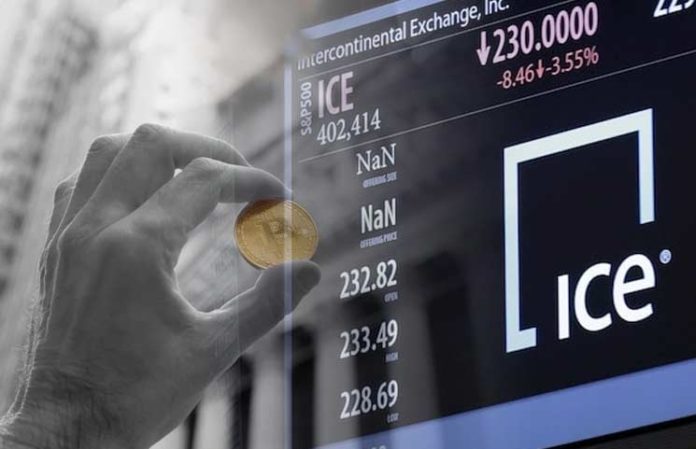chief
The crypto-winter was a boon for the long-awaited exchange of Bitcoin futures Bakkt, the head of its parent company said on Thursday.
Jeffrey Sprecher, CEO of the Intercontinental Exchange (ICE), said during the company's first-quarter profit and loss announcement that the ongoing bear market was “useful” to Bakkt, which was originally scheduled to launch in December last year, then move to January, and then again indefinitely.
“It is very useful for the cryptocurrency [market] to enter what they call in winter, because it took some heat to start up,” Spreecher said, adding that this is only one advantage.
Another advantage is that the scores of many crypto startups have decreased, creating opportunities for buying Bakkt, explaining:
"We actually looked at a number of different companies and acquired the company earlier this week, which would be unavailable to us if the market were really hot, because the valuations were really hot."
Indeed, on Monday, Bakkt announced the acquisition of Digital Asset Custody Company (DACC), which is developing a cryptoactive asset storage platform. (Price not disclosed.)
At the same time, according to Sprecher, the industry continues to grow, and Bakkt is working to help her in this. Thanks to recent acquisitions, the company attracted several engineers (Bakkt also acquired some assets, including personnel, from the Rosenthal Collins Group, an independent futures merchant commission).
“There is a lot of interest in this market,” he said.
Regulatory Issues
One of the main reasons for the delays of Bakkt is regulatory in nature – in particular, it is widely believed that the company's storage plan for bitcoins under federal supervision and settlement of contracts through the clearing house of its parent company placed it in a gray regulatory zone.
Although Sprecher did not specifically state what arrests are, he noted that the regulators are still trying to understand the class of assets and the ways to regulate it.
“You can’t really get into real institutional markets that we serve without being strictly regulated and enjoying high trust, so the juice is worth squeezing,” he said
And added:
“Now everything is going well, there were a lot of things that needed to be dealt with jurisdiction and custody, and … banks and those issues that, in my opinion, should be resolved before adopting an asset class, and we were at the forefront of [this] . "
The bear market has also helped in this sense by providing regulators and legislators in the United States. A little more time to determine how they could eventually regulate this space, Spreecher said.

